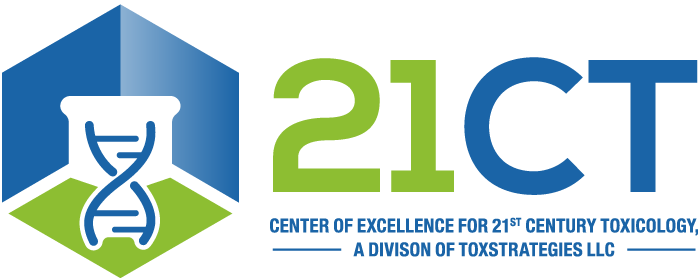Lea IA, Jackson MA, Dunnick JK. 2009. Genetic pathways to colorectal cancer. Mutat Res 670(1–2):96–98; doi: 10.1016/j.mrfmmm.2009.06.011. PMID: 19576232.
Abstract
The colorectal cancer paradigm explains how genetic and histological changes lead normal epithelial cell to transform into pre-malignant adenomas then progress to malignant carcinomas. Using the Genetic Alterations in Cancer Knowledge System intragenic allele loss and gene mutation data from approximately 9000 colorectal tumors were compared to the model of colorectal tumor development. The distribution of mutations along the TP53 codons as a function of tumorigenesis also was analyzed. Alterations of APC, KRAS and TP53 were observed in a higher percentage of adenocarcinomas compared to adenomas (P < 0.05) indicating that the alterations accumulated with malignancy. Alterations in BRAF, CTNNB, HRAS and NRAS were infrequent regardless of morphology. Differences were observed in the distribution of TP53 mutations with tumorigenesis. Mutations (single base substitutions) occurred most frequently at codons 175 and 273 in both tumor types; however, in adenocarcinomas the mutation incidence at codon 248 was approximately three times that reported in adenomas. It is proposed that the higher incidence of mutation at codon 248 is a later event in colorectal tumorigenesis that occurs as the tumors become malignant.
